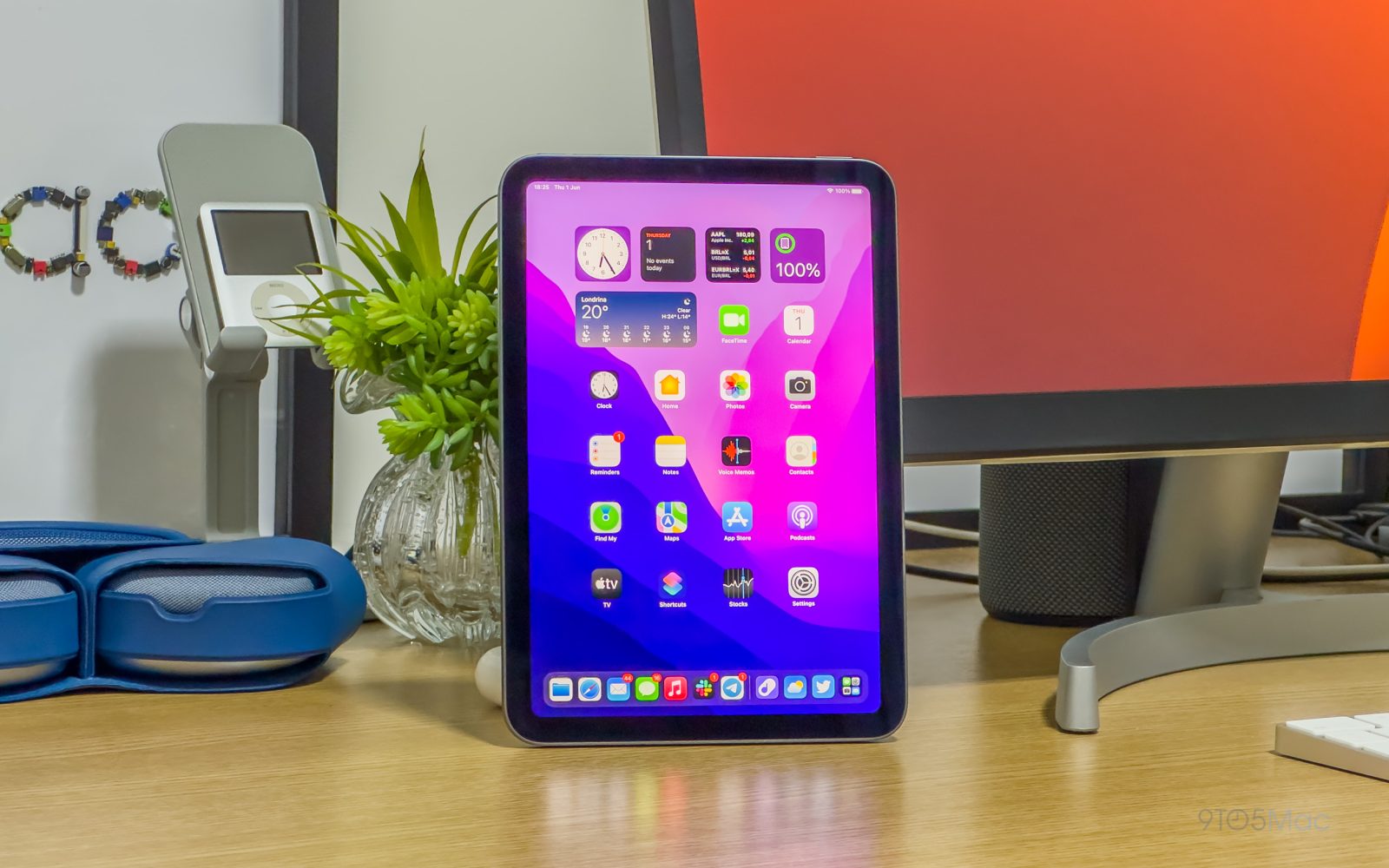
Something I’ve been saying to friends and colleagues over the past few months is the trend I see rising among IT professionals is the ability to fire a vendor at any given point. If you get to a place where you’re essentially locked into a vendor’s platform or product, you lose the upper hand when it comes to pricing when renewals come around. Even outside of pricing, if said vendor is no longer meeting your needs, you absolutely need the flexibility to deploy replacement solutions. With iOS 17, Apple’s Return To Service MDM feature gets a nice upgrade that will make it easier to change to new device management vendors.
About Apple @ Work: Bradley Chambers managed an enterprise IT network from 2009 to 2021. Through his experience deploying and managing firewalls, switches, a mobile device management system, enterprise-grade Wi-Fi, hundreds of Macs, and hundreds of iPads, Bradley will highlight ways in which Apple IT managers deploy Apple devices, build networks to support them, and train users, as well as stories from the trenches of IT management and ways Apple could improve its products for IT departments.
Everything with device deployments in 2023 must be fully automated. Yes, I said everything. As organizations have expanded their usage of Apple devices (Apple is on track to become the top enterprise endpoint by 2030), manual solutions do not scale.
How Return to Service works in iOS 17
When device management vendors deploy Apple’s new RTS functionality for iOS 17 and iPadOS 17, they’ll be able to give customers the option to deploy a Wi-Fi profile with the command to wipe the device. Using your existing MDM, you can send the Erase Device command and select a Wi-Fi profile to use so the device will automatically activate and re-enroll in your MDM. After sending the erase command to the device with the Return to Service option and the Wi-Fi profile selected, the device erases all data on the device and will automatically proceed to the Home Screen, enrolled and ready to be used. As part of this process, the previously selected language and region are also applied to the device. If the device is a cellular device (iPhone or iPad with cellular), it is recommended by Apple to preserve the eSIM data plan when erasing by selecting the option “Preserve data plan after the wiping.” This option will make it easier for end users to get back up and running.
Migrating MDM providers for iOS and iPadOS devices has traditionally been a challenging and time-consuming process. After erasing devices with the old MDM, IT administrators must rely on Automated Device Enrollment to enroll the devices on the new MDM. However, this process still required manual steps, such as selecting a Wi-Fi network and typing the password. This often led to IT administrators asking users to return their devices for the migration, which could take weeks of continuous work to complete for large organizations.
Return to Service addresses this challenge. With Return to Service, MDM migrations can be fully automated. A simple erase command sent by the old MDM will trigger the process, and the device can be automatically enrolled on the new MDM in just a few minutes. This is a truly game-changer for Apple customers, making MDM migrations faster, easier, and more efficient.
Alcyr Araujo, CEO Mosyle
If the device is registered in Apple School Manager or Apple Business Manager, you’ll want to make sure the device is pointed to the new MDM server ahead of the erase. Once you send the erase commands with the Wi-Fi profile, it’ll automatically activate, enroll, and get the user back to the home screen with apps, books, and content downloaded from the new device management vendor.
Wrap-up
Mosyle recently released a beta feature to begin testing this feature. Since it’s part of the iOS 17 MDM spec, it’ll likely come to all device manager vendors this fall. Going back 10+ years, I’ve been talking about the challenges of migrating MDM vendors outside of a new deployment, and with iOS 17 – Apple is making the entire process as simple as point and click.
Add 9to5Mac to your Google News feed.
FTC: We use income earning auto affiliate links. More.






